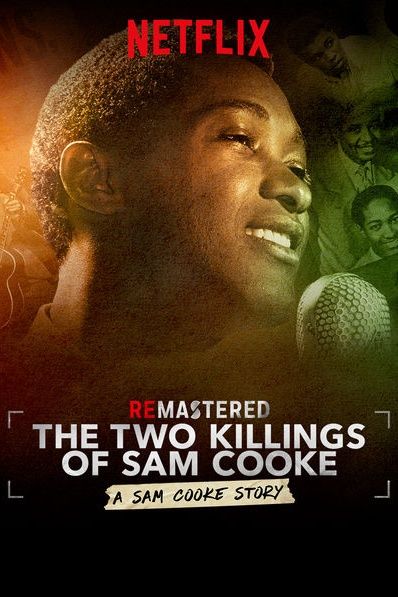

A move like this didn’t just put his career in jeopardy but also his life. It is believed that Sam Cooke was asking himself the question many of us find ourselves asking now: how can I be my authentic Black self? For him, it couldn’t stop at making music he had to be in the movement for freedom. Often times in his fight for equality, Cooke would refuse to play in segregated venues. He would play some of the biggest and best venues in front of huge white audiences but never left Black people behind. Jim Brown put it this way: “If you were a popular celebrity with crossover value, you did have the pressure of were you going to be careful, or were you going to be truthful and real?” Cooke often chose the latter. Walking the LineĬooke was a complicated Black man in a complicated world. This is an image we needed to see more of back then, and still need today. Instead of being seen as buffoons, beasts, and the butt of jokes, these were intellectual, joyful, and genuinely loving men. At a time when the majority of images of Black men were negative (still true), their friendship gave us a different view of Black manhood. The joy and laughter they brought out of each other was something seldom seen among Black men in public spaces. There’s a scene in the documentary where the two of them are singing and the look of joy and happiness in their eyes is one that can only be shared with true friends. Although it was released posthumously, I believe you can see the effect of that friendship in his classic, “A Change is Gonna Come.” Upon initial release, the record label deleted the second verse because they found it to be too political and were unsure of how it would go over with white audiences.Īrguably his biggest revolutionary act was the picture he gave us of Black male freedom in his friendship with Muhammad Ali. These four men shared ideas, politics, hopes, and dreams with one another. He was great friends with some of the biggest Black revolutionaries of the time: Malcolm X, Muhammad Ali, and Jim Brown. Throughout the documentary, you recognize that this very spirit was at the core of who Cooke was. There are many who believe that this spirit of freedom is what got him killed.

He paved the way for the many artists who eventually started labels and fought to own the copyrights to their music. Sam had the vision of what the music industry could look like for people like him to own their music and distribution, to be their own master. He wanted to create opportunities that were not available to his fellow Black artists and give them a shot at their dreams without being cheated by the major labels. He was the first Black person to start a record label. Sam Cooke was also a pioneer in the music industry. At a time where there are laws being created to prevent discrimination against our hair, this is a timely message we need to hear. He also saw it as a reminder that we are beautiful. Cooke saw it as a sign of our history and culture. In the documentary, Smokey Robinson credits Cooke for Black artists wearing afros. Younger generations know the song “A Change is Gonna Come” but they don’t know the man, Sam Cooke. Sam Cooke’s story was nearly lost to history and that’s why this documentary is important. As people fighting the struggle for freedom and equality in America while just trying to live, Sam was, in some sense, all of us.

Sam was a passionate, loving, gifted, revolutionary, and complicated man. “The Two Killings of Sam Cooke” gives us a look at his life, who he was, what he stood for, and the unanswered questions surrounding his untimely death. Legendary singer Sam Cooke died in 1964 under circumstances shrouded in mystery.


 0 kommentar(er)
0 kommentar(er)
